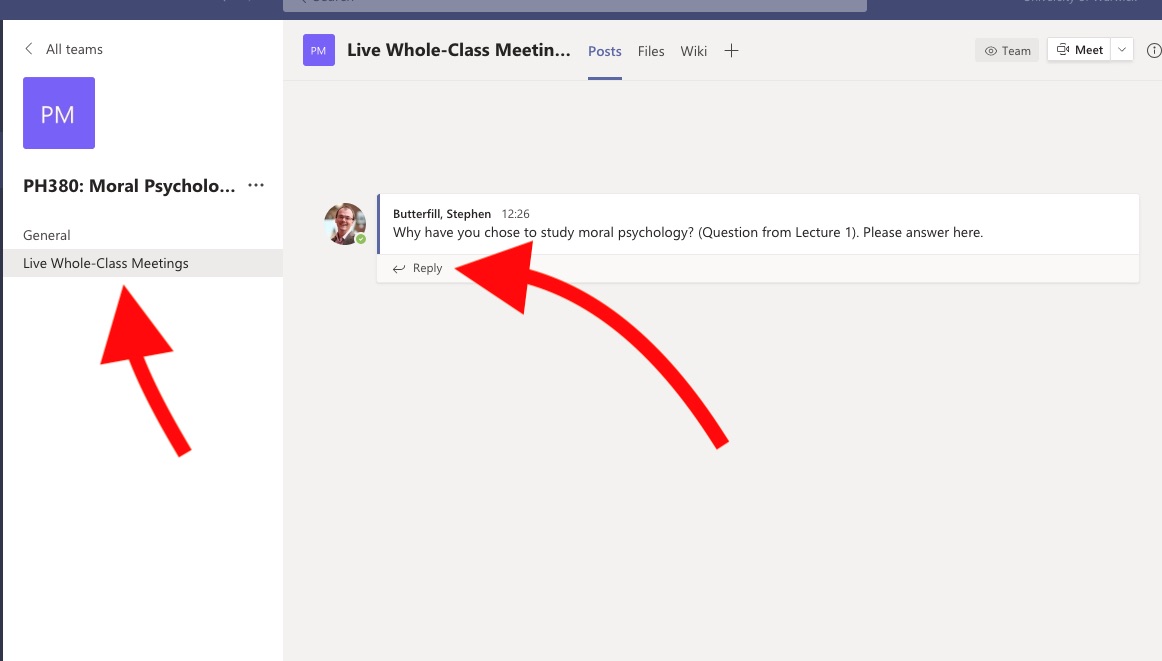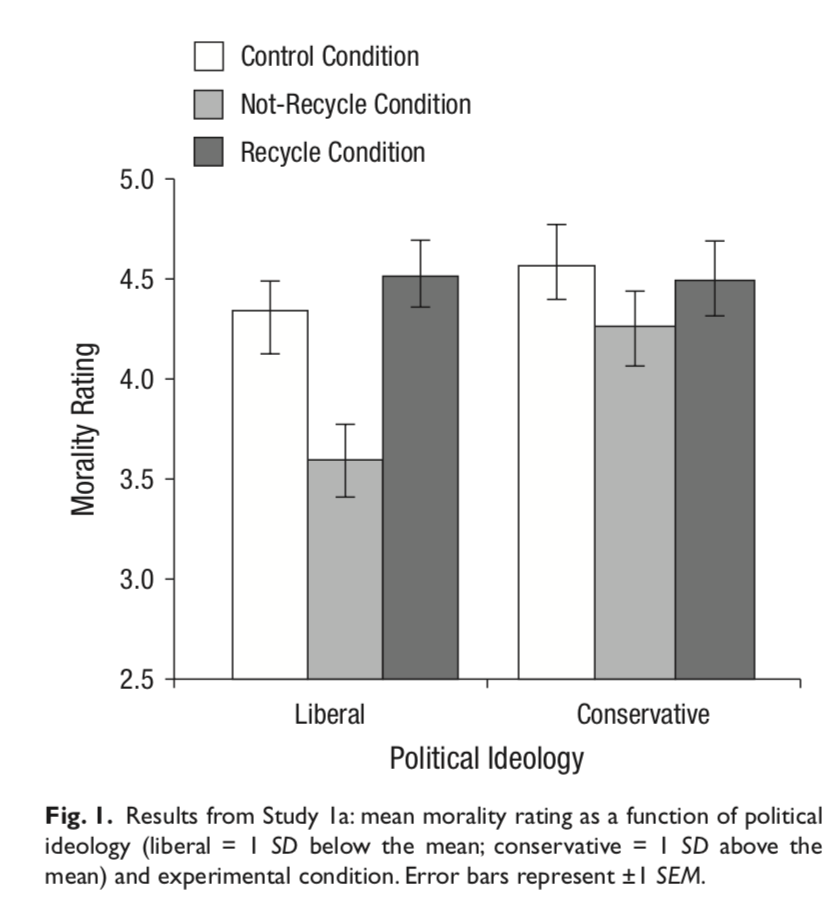Click here and press the right key for the next slide.
(This may not work on mobile or ipad. You can try using chrome or firefox, but even that may fail. Sorry.)
(If the slides don’t work, you can still use any direct links to recordings.)
also ...
Press the left key to go backwards (or swipe right)
Press n to toggle whether notes are shown (or add '?notes' to the url before the #)
Press m or double tap to slide thumbnails (menu)
Press ? at any time to show the keyboard shortcuts
Why Investigate Moral Psychology?

Why moral pscyhology?
1
human sociality
Modern humans
have recently (~10 000 years ago) begun to
live in societies roughly as complex as those of social insects
but cooperate with non-kin.
How is this possible?
‘Humans are [...] adapted [...] to live in morally structured communities’ thanks in part to ‘the capacity to operate systems of moralistic punishment’ and susceptibility ‘to moral suasion’
Richerson and Boyd, 1999 p. 257
‘intuitive ethics’ (Haidt & Joseph, 2004; Haidt & Graham, 2007)
harm/care
fairness (including reciprocity)
in-group loyalty
respect for authorty
[purity, sanctity]
‘humans (both individually and as a species) develop morality because it is required for cooperative systems to flourish’
Hamlin 2015, p. 108
1
human sociality
2
political conflict,
e.g. over climate change?

Feinberg & Willer, 2013 figure 1
Why are liberals generally more concerned about climate change than conservatives?
Why are liberals more likely than conservatives to regard climate change as an ethical issue?
‘intuitive ethics’ (Haidt & Joseph, 2004; Haidt & Graham, 2007)
harm/care
fairness (including reciprocity)
in-group loyalty
respect for authorty
purity, sanctity
Why are liberals generally more concerned about climate change than conservatives?
‘The moral framing of climate change has typically focused on only the first two values: harm to present and future generations and the unfairness of the distribution of burdens caused by climate change. As a result, the justification for action on climate change holds less moral priority for conservatives than liberals’
Markowitz & Shariff, 2012 p. 244
2
political conflict,
e.g. over climate change?
3
ethics?
Humans lack direct insight into moral properties
(Sinnott-Armstrong et al, 2010 p. 268).
Intuitions cannot be used to counterexample theories
(Sinnott-Armstrong et al, 2010 p. 269).
Intuitions are unreliable in unfamiliar* situations
(Greene, 2014 p. 715).
Philosophers, including Kant, do not use reason to figure out what is right or wrong, but ‘primarily to justify and organize their preexising intuitive conclusions’
(Greene, 2014 p. 718).
3
ethics?
!
personal
Why investigate moral psychology?
human sociality
political conflict
ethics
...